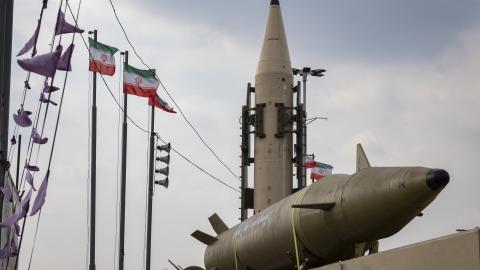EXECUTIVE SUMMARY
* Japan’s strategic interest in Southeast Asia under the Shinzo Abe government is primarily motivated by concerns about China’s rise and its impact on stability in East Asia.
* Southeast Asia is increasingly viewed as a critical strategic sub-region for stability in East Asia more generally, and for the protecting of Japanese interests specifically.
* Alarm or concern about a more proactive Japanese role ought to be moderated due to the constitutional, institutional, and political limitations on the use of force by the country’s Self-Defence Forces.
* A more permissive technology and defence export regime, as well as a more active role in checking Chinese influence in multilateral forums, may nevertheless be highly significant to the strategic and diplomatic balance and shape of Southeast Asia and the region more generally.

Caption
An Air Force Global Strike Command unarmed Minuteman III ICBM launches during an operation test on February 23, 2021, at Vandenberg Air Force Base in California. (US Space Force)













